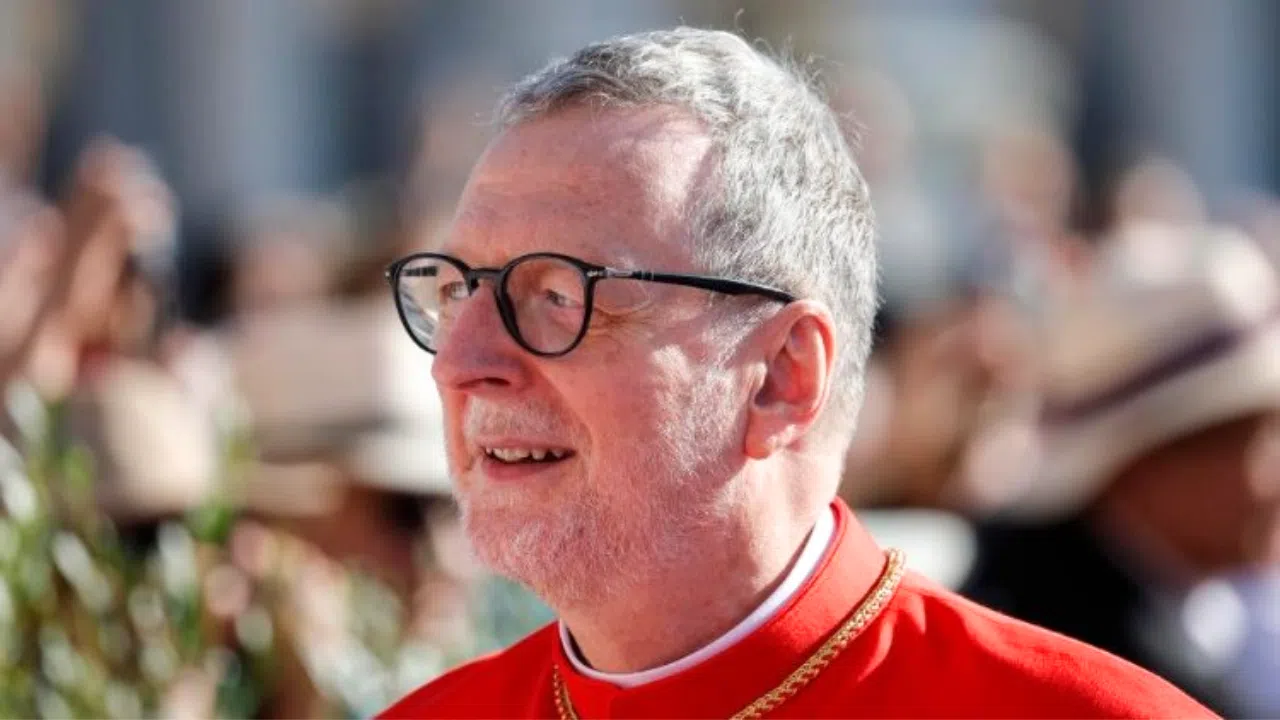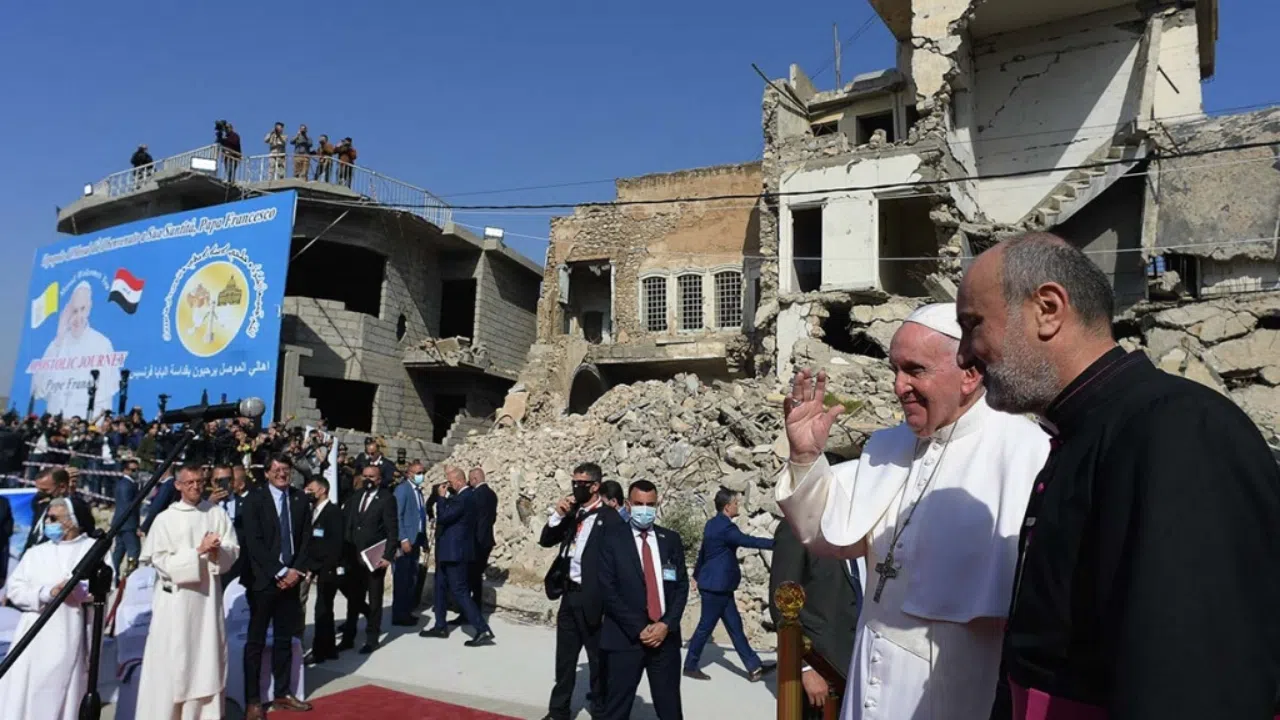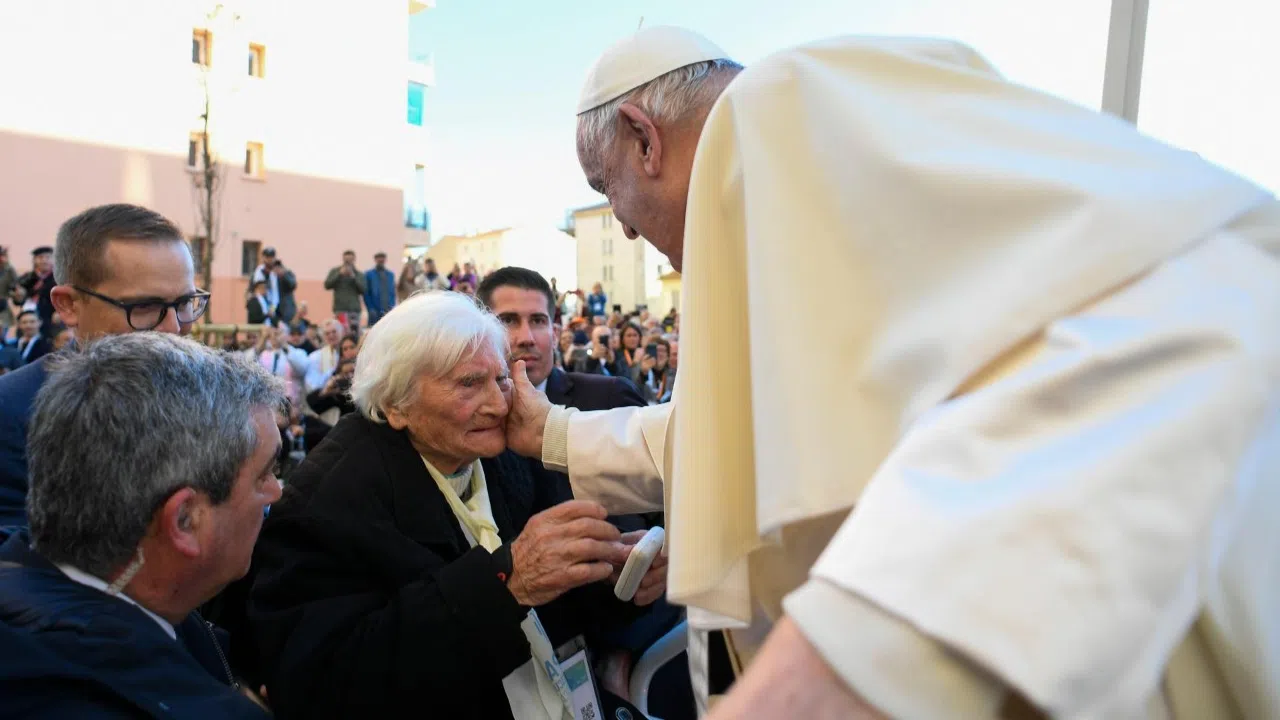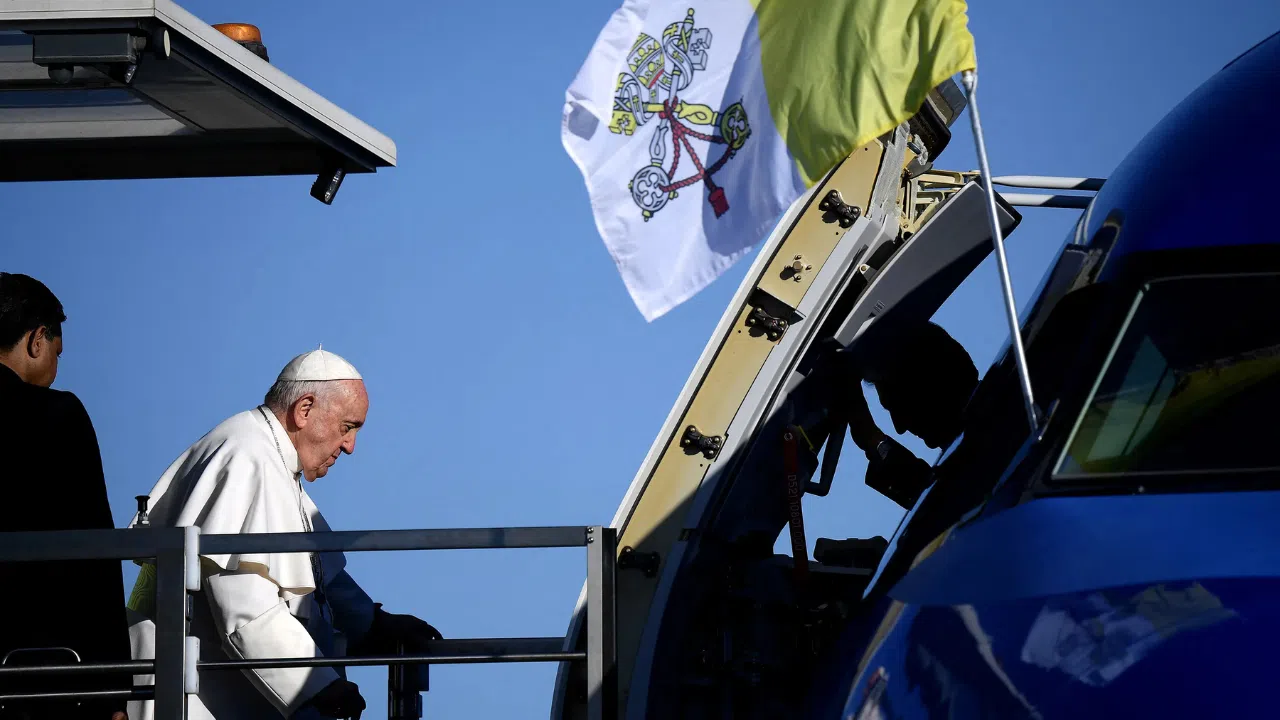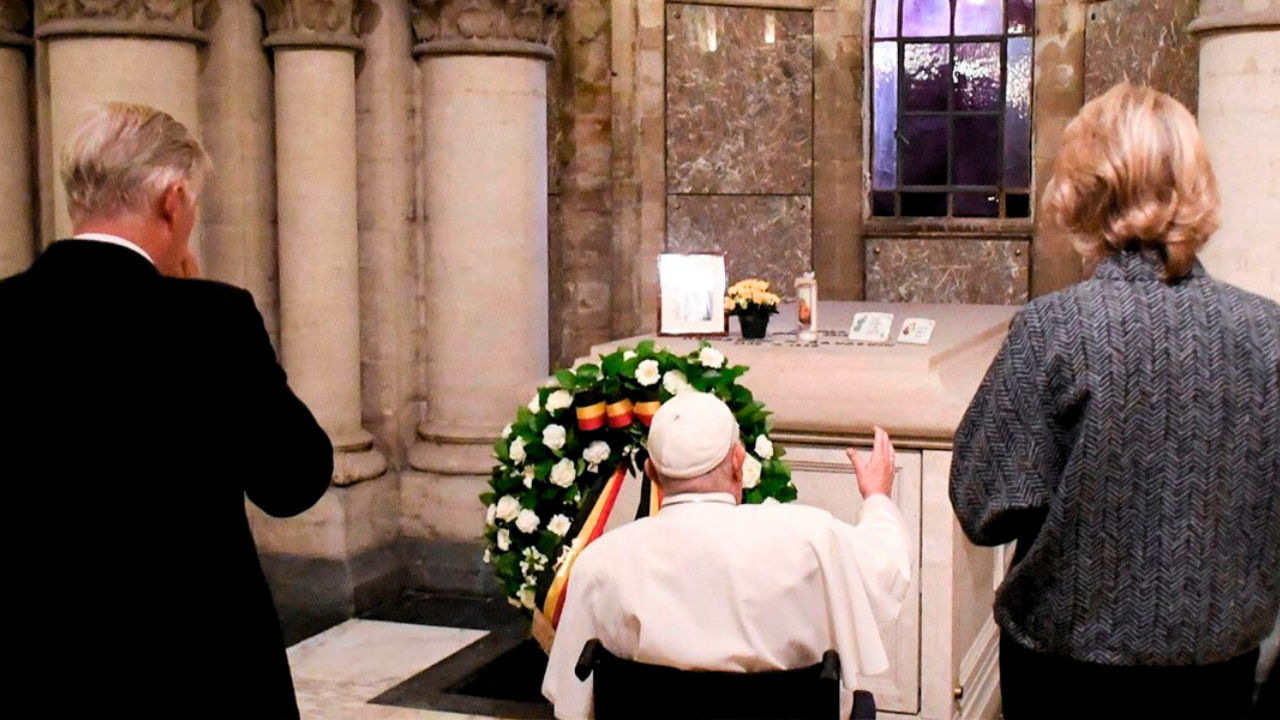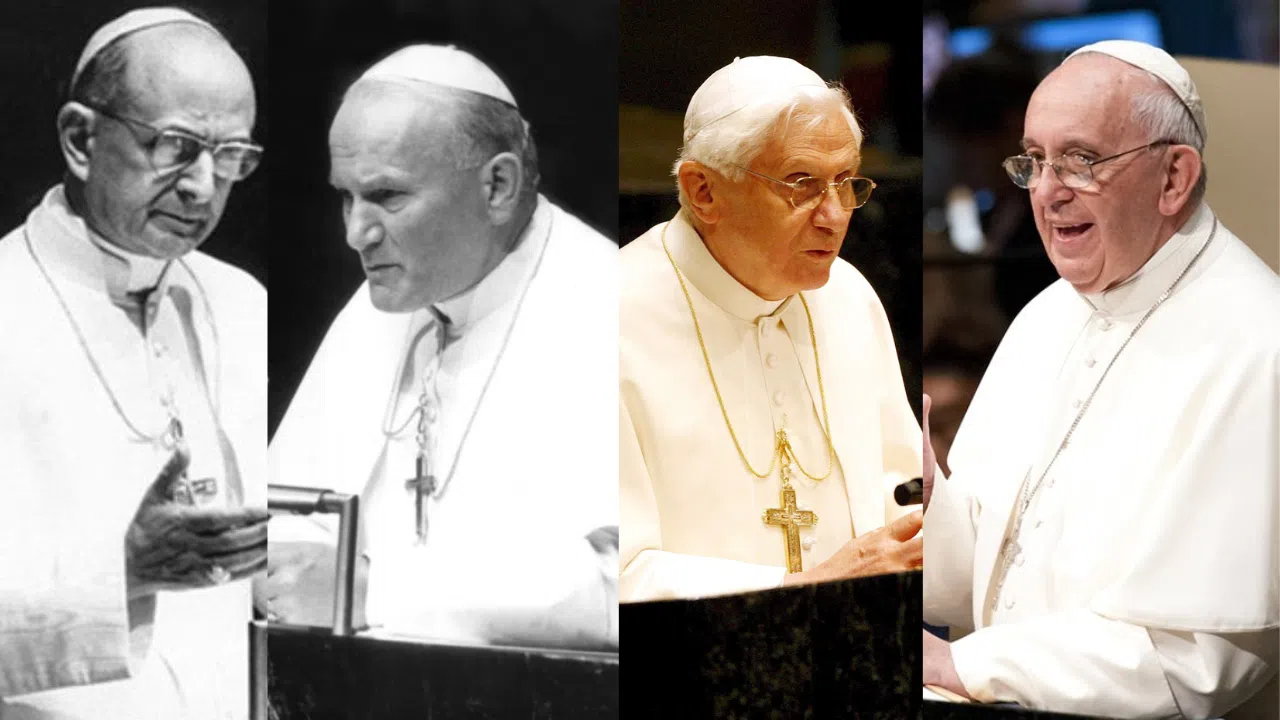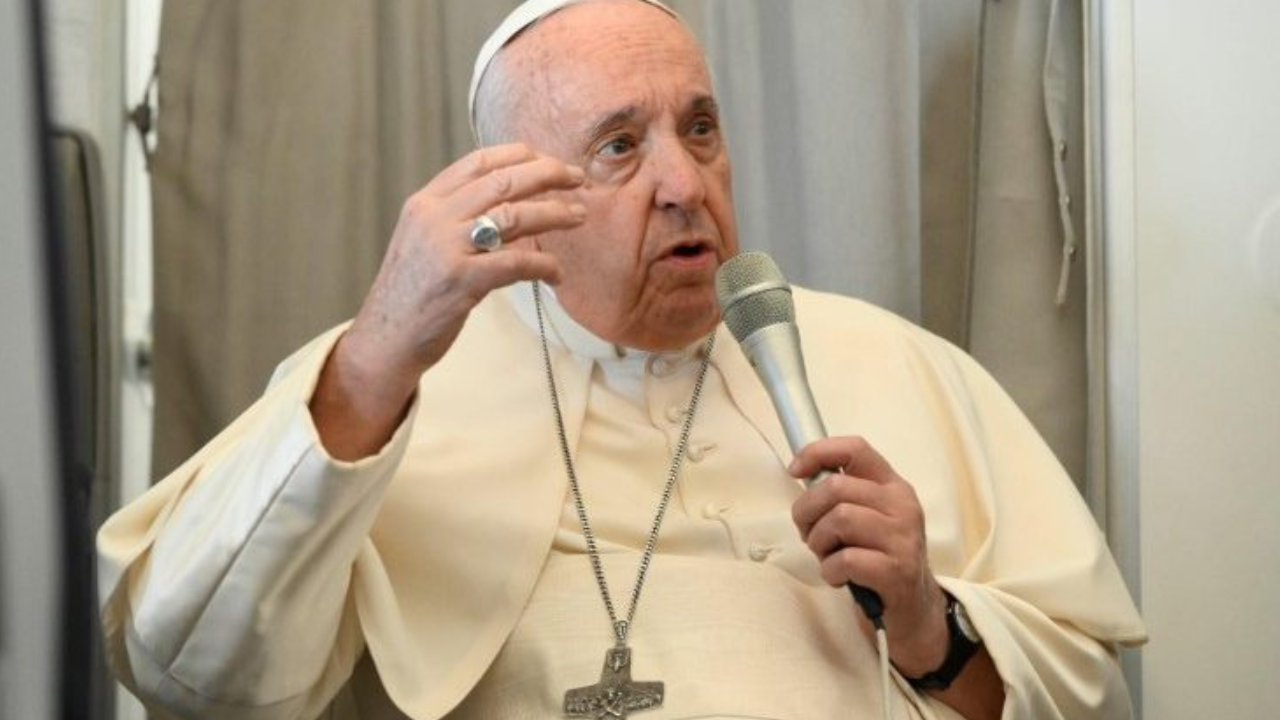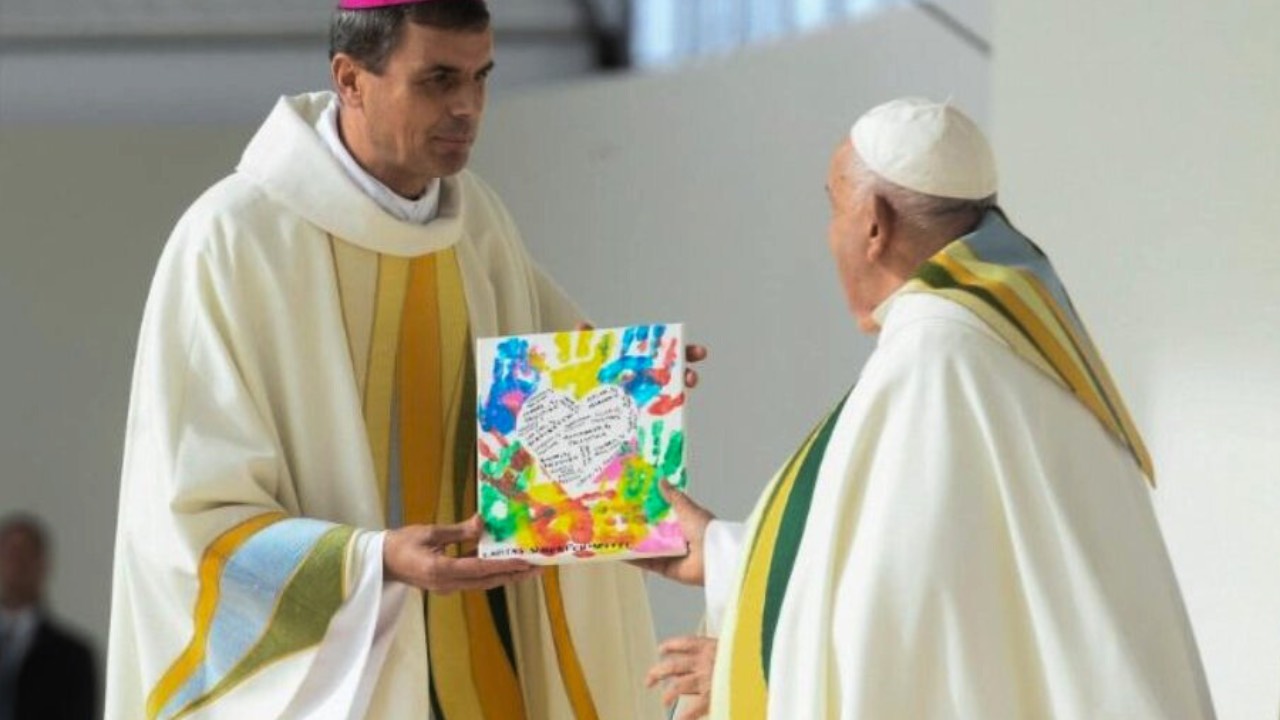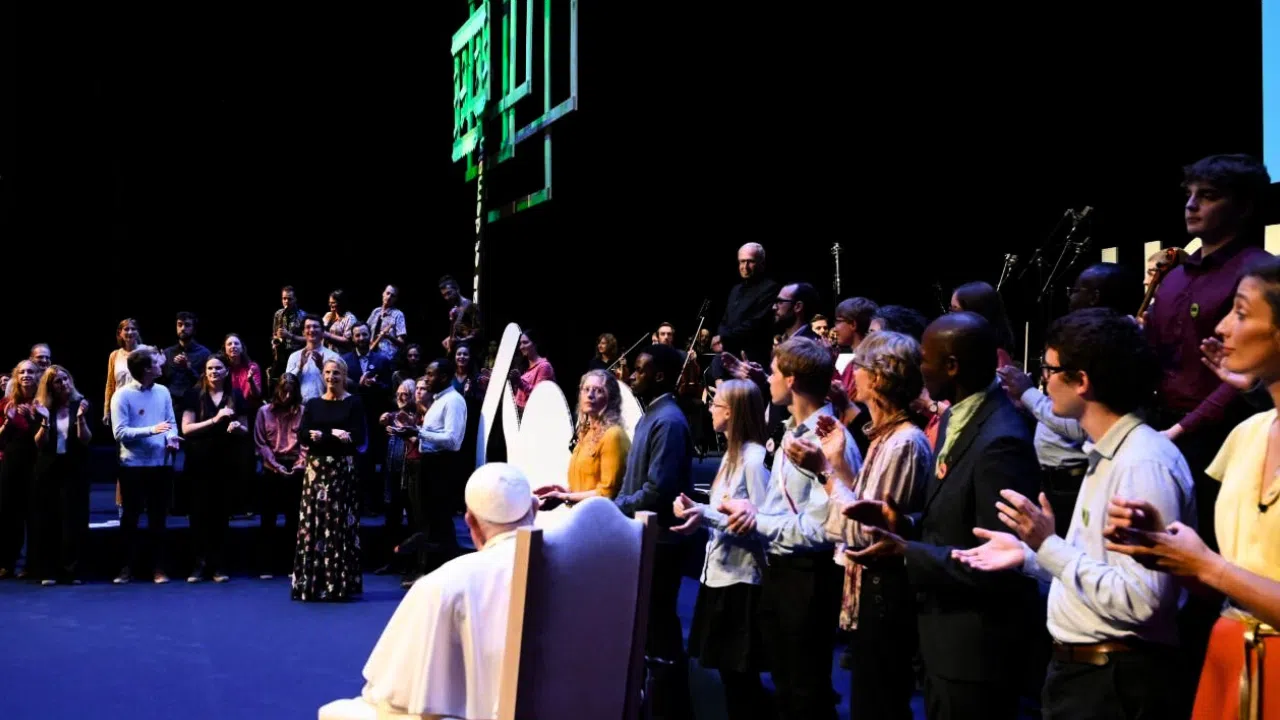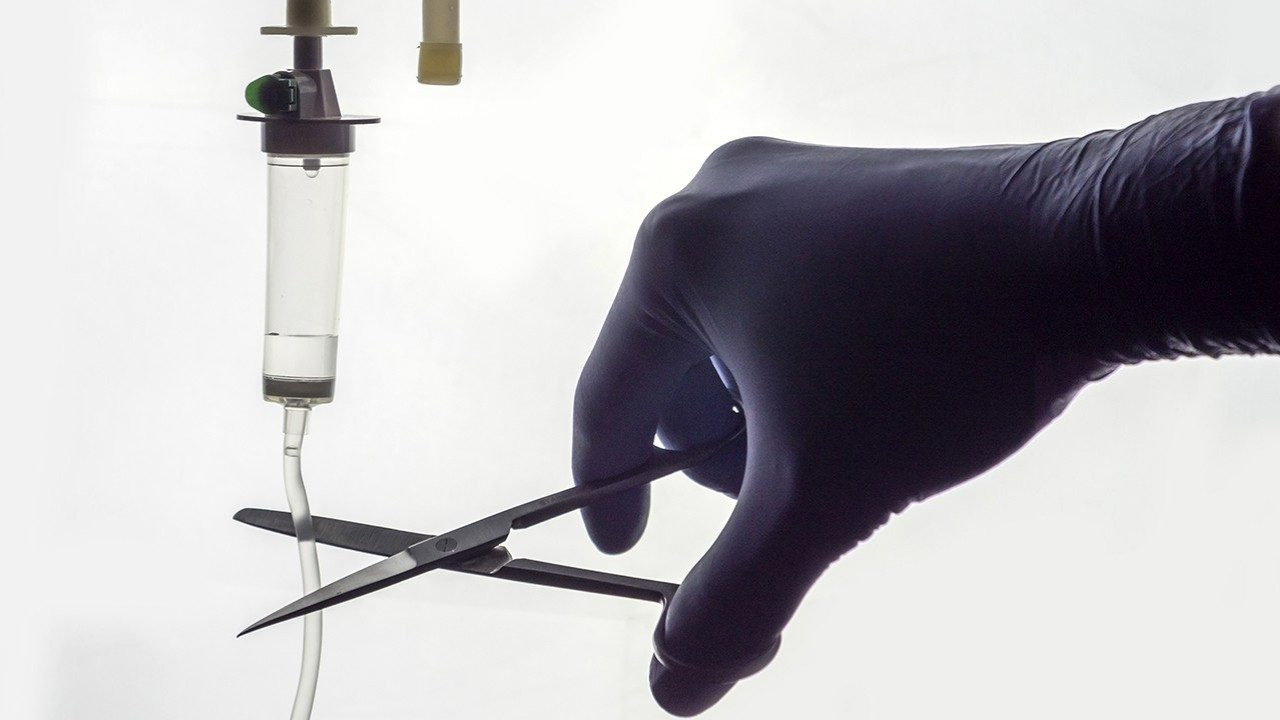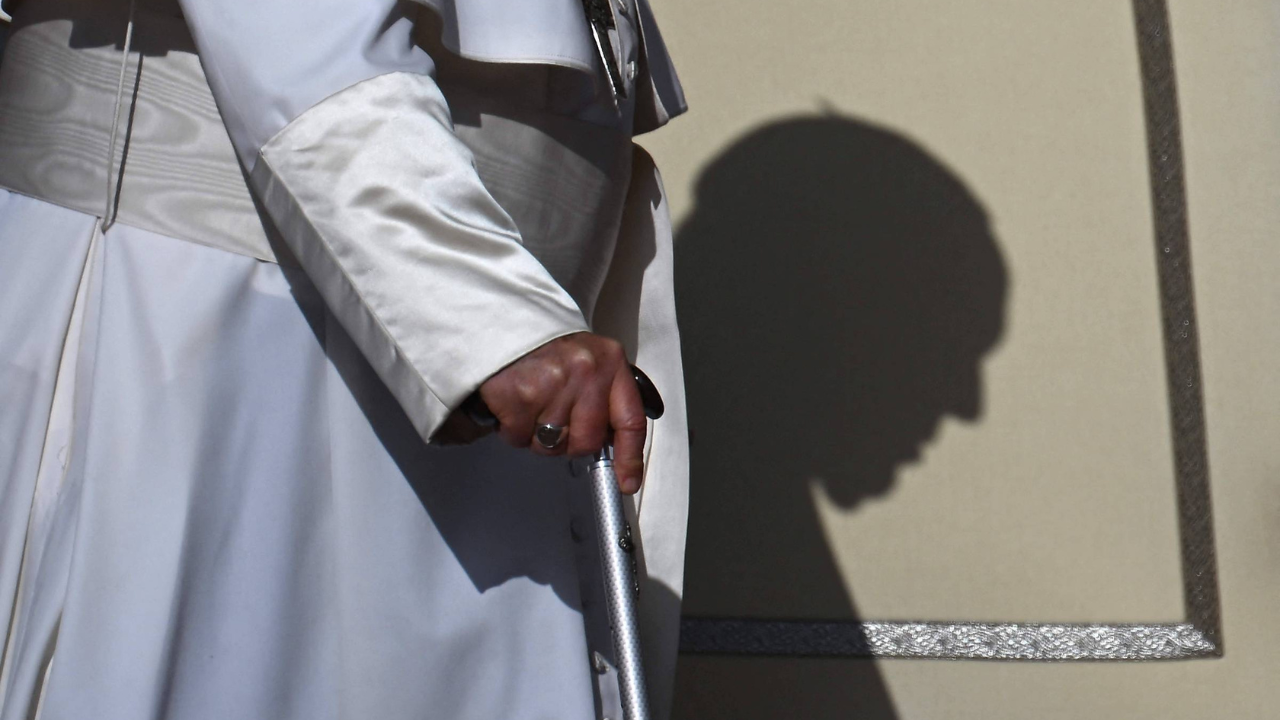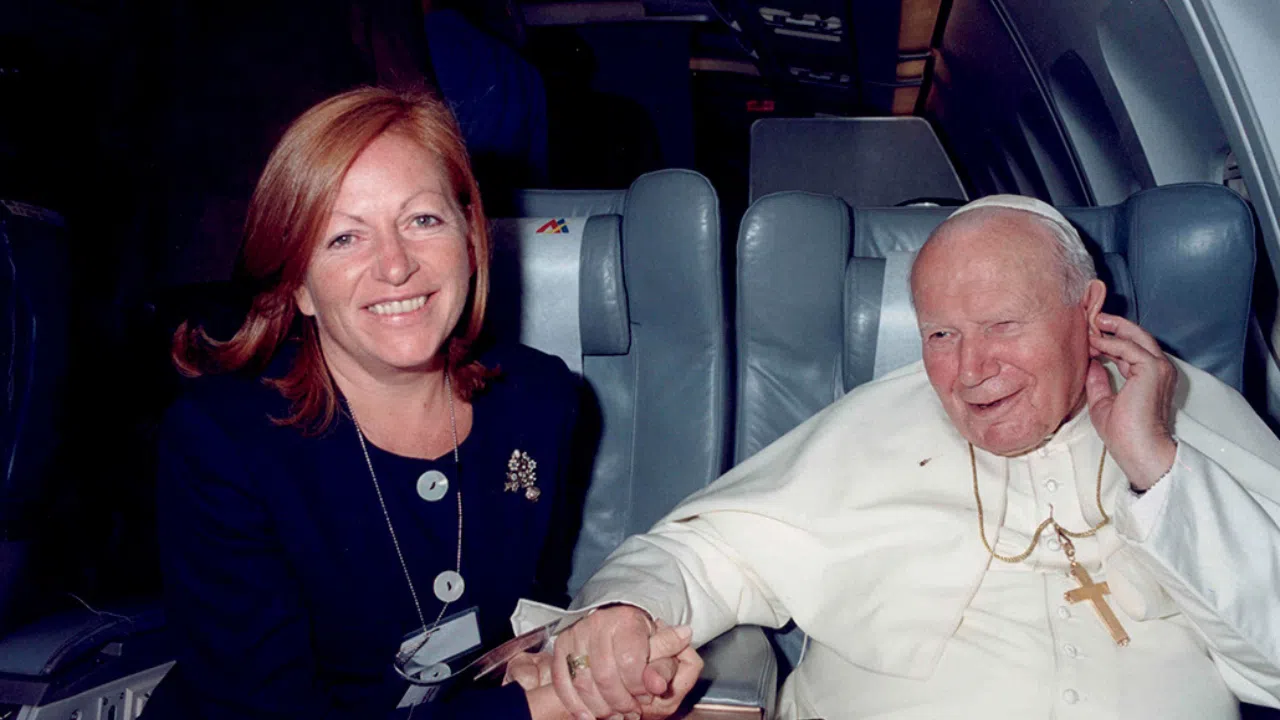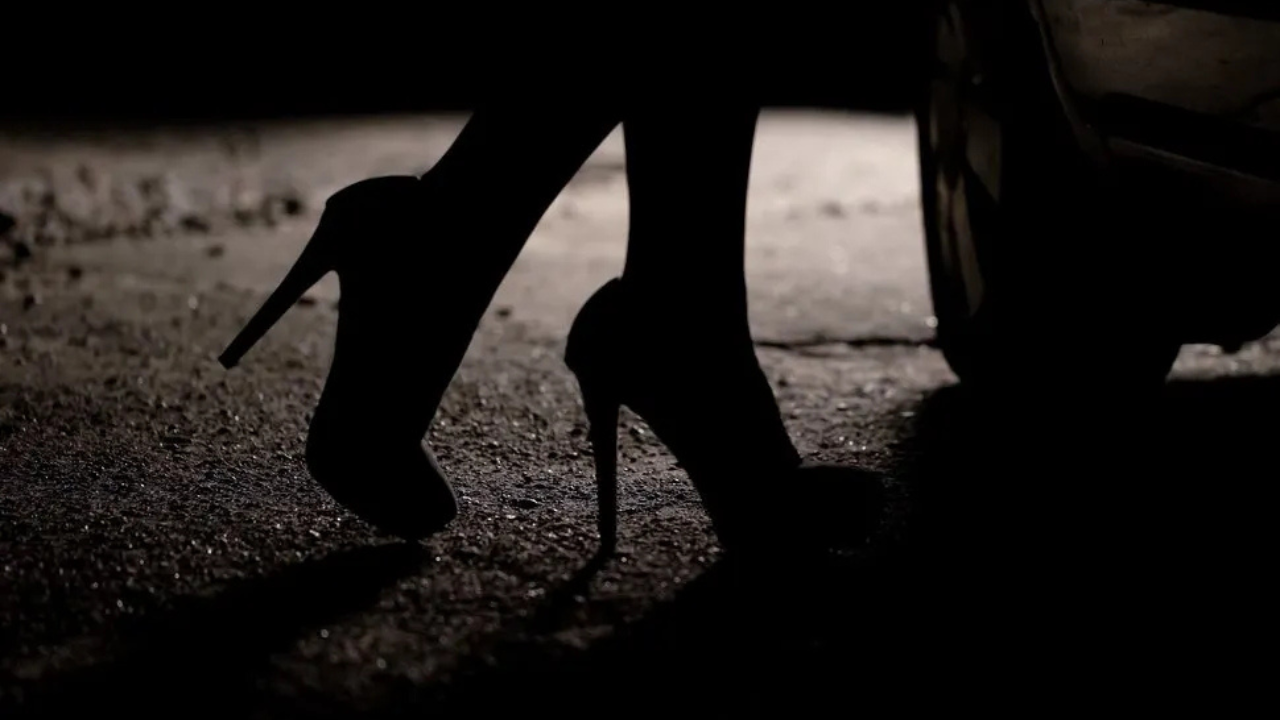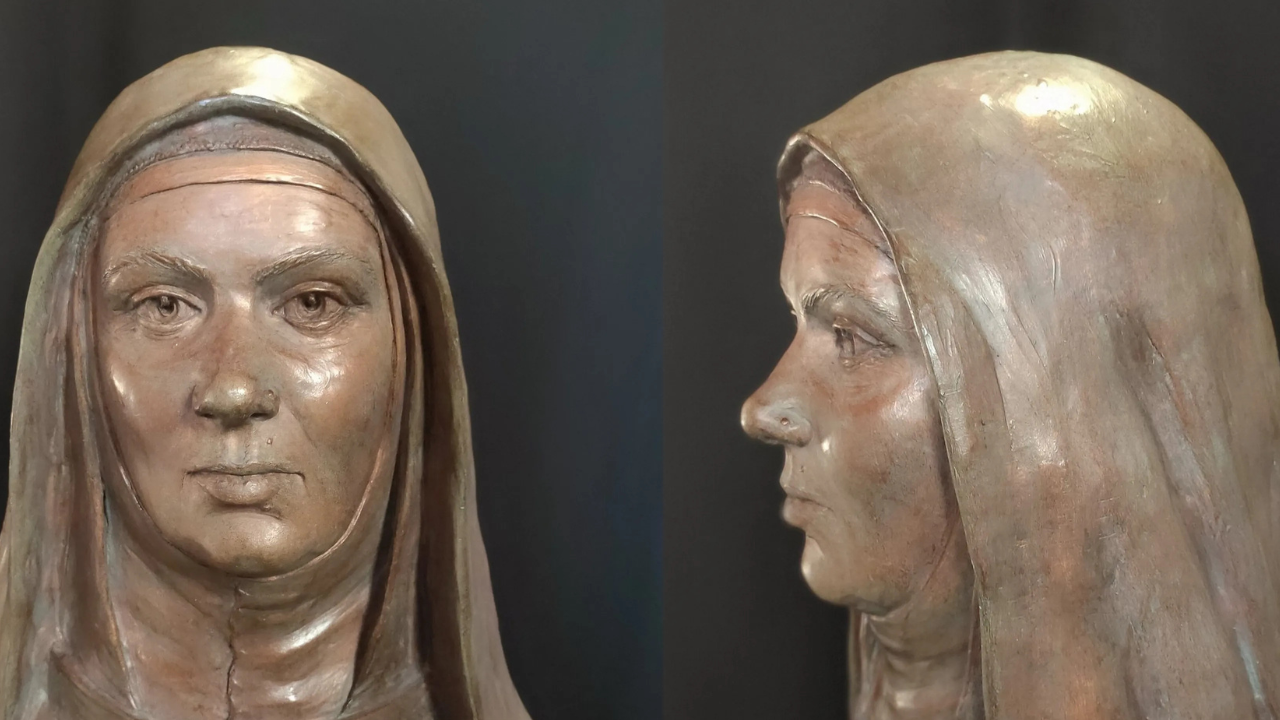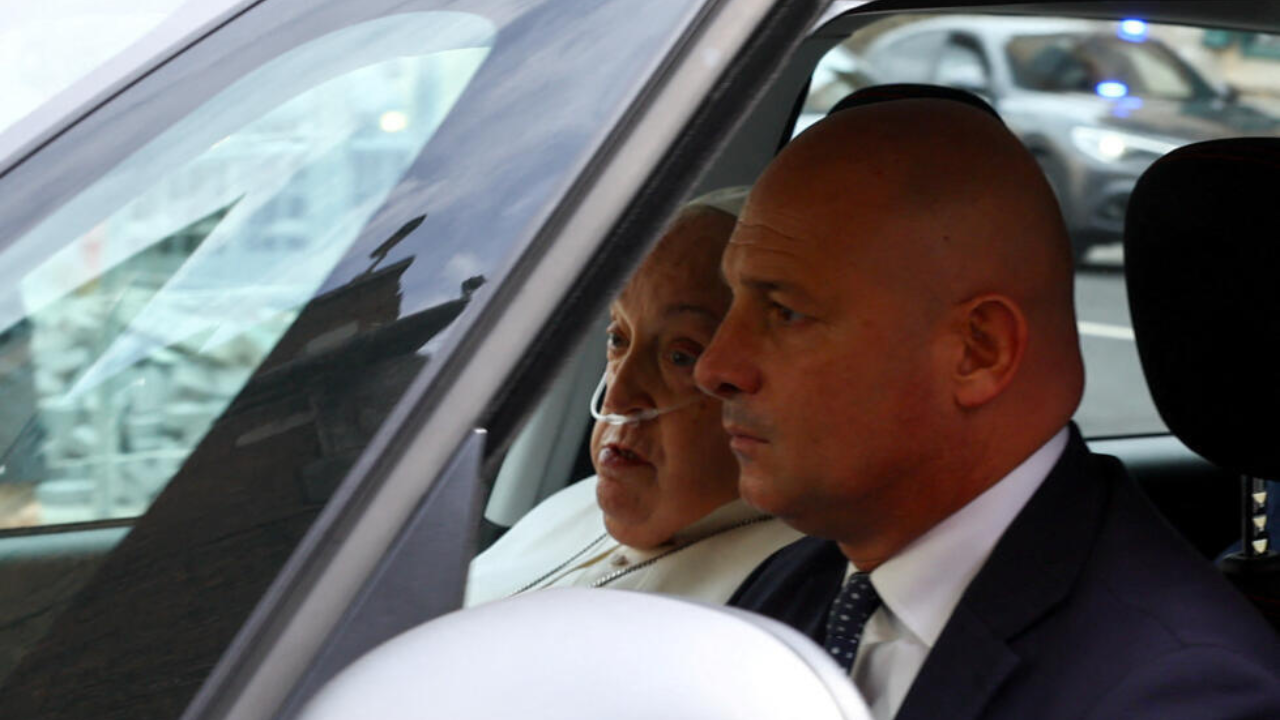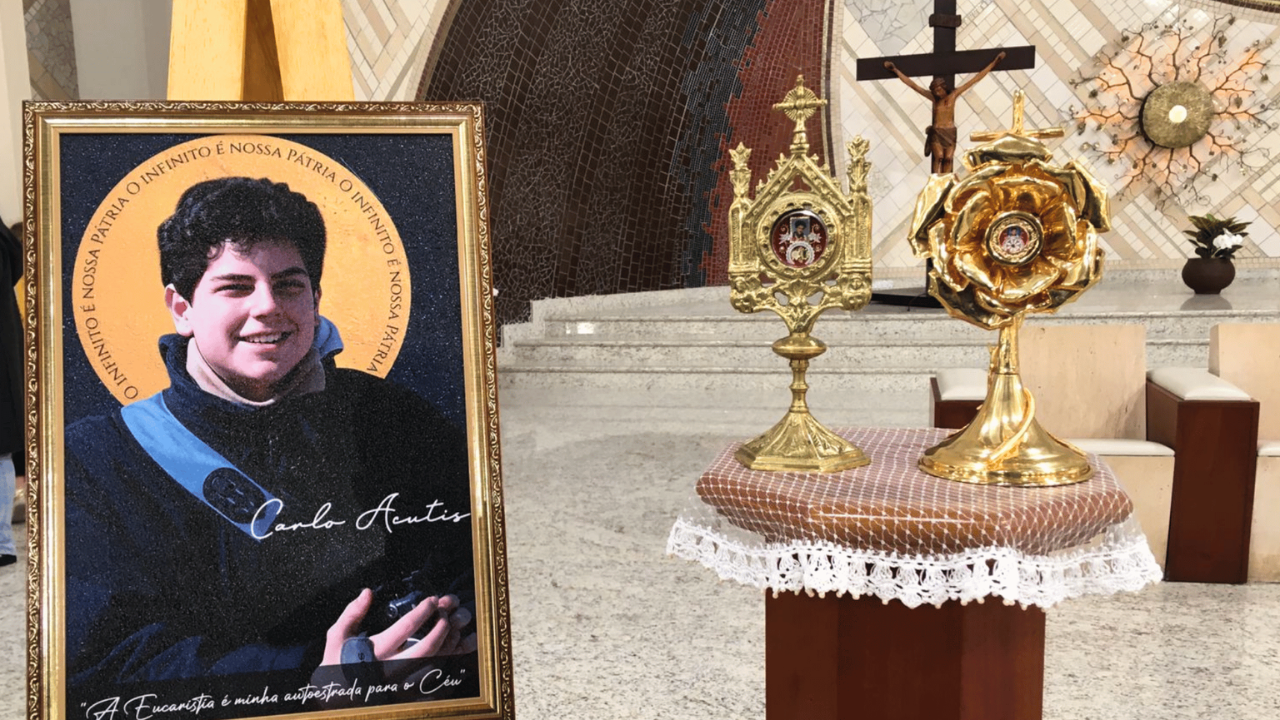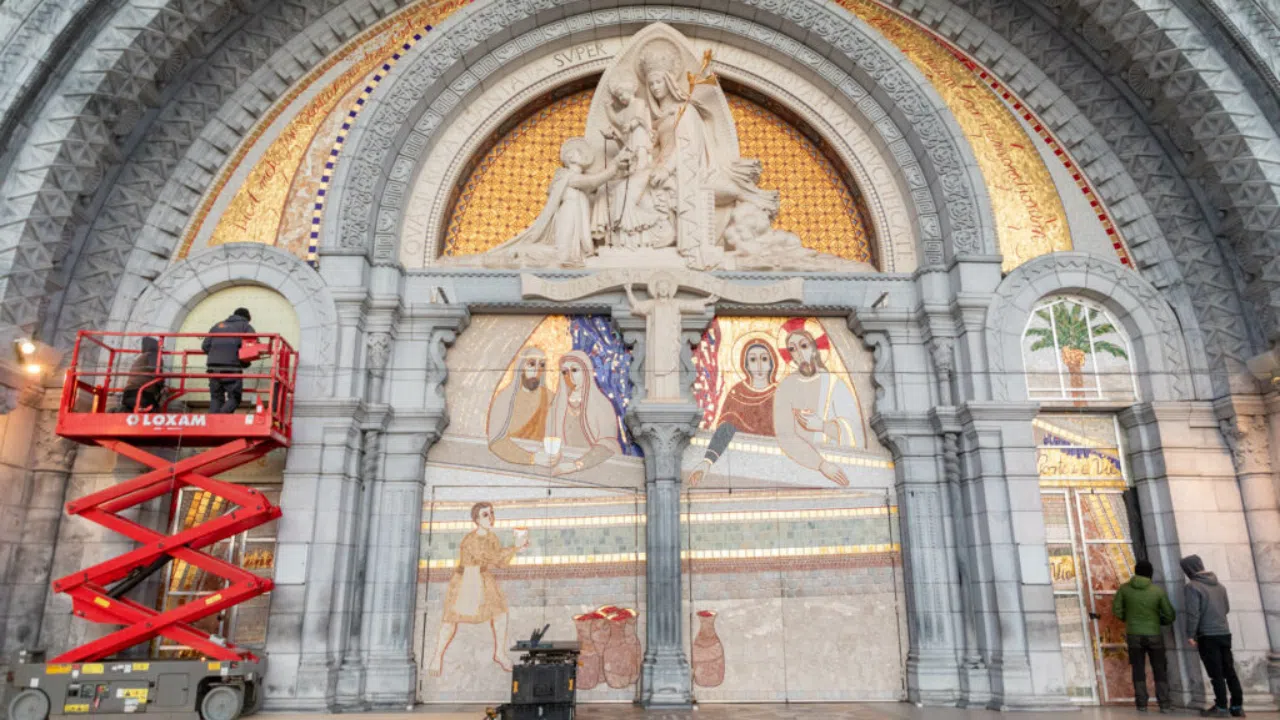Puerto Nariño is one of the most touristic cities in the Colombian Amazon. The town's growth benefits the population, but the arrival of foreigners creates new problems for the city’s inhabitants and for indigenous communities in the area. Among these problems are forced prostitution and human trafficking.
NATHALIA FORERO
Social worker
“Indigenous communities are more vulnerable because they are located in border areas, with practically no transportation nor security from official institutions. This leaves the population more or less ungoverned and directionless. Without official institutions to protect them, the people can only hope that foreign visitors come with good intentions.”
This school is also facing this problem. The religious sisters here discovered a human trafficking network attempting to kidnap 10 girls from the indigenous communities. The sisters faced the procurer.
SR. EDELMIRA PINTO
Daughters of Charity of St. Vincent de Paul
“We told him several times that he had no business with our students, specifically the girls.”
To understand the depth of the threat, the sisters hired Nathalia, a social worker, to investigate. Together they discovered how the criminal organization worked and what it did to minors.
SR. EDELMIRA PINTO
Daughters of Charity of St. Vincent de Paul
“He deceived them and took them to Peru, Brazil, and the city of Leticia. There he did his business and then returned to Puerto Nariño.” “He lied to the girls so they wouldn’t suspect that they were to be sexually exploited.”
To everyone’s surprise the procurer was arrested in February 2019. He died in prison a month later. Sr. Edelmira and Nathalia face threats, warnings and insults for having stood up to the dirty business of human trafficking.
SR. EDELMIRA PINTO
Daughters of Charity of St. Vincent de Paul
“We used to go to Puerto Nariño without worry. Now we never go out alone.”
NATHALIA FORERO
Social worker
“We have been threatened and harassed. The problem wants to remain hidden. They tell us not to talk. They tell us to be careful because this issue is tied to drug trafficking. It is a very complex topic precisely because the different illegal activities are so intertwined. These networks are extremely strong and dangerous.”
Nathalia is now part of the Network Against Human Trafficking in the tri-border region along with religious sisters in Brazil and Peru and a Jesuit priest in Colombia. The international team works to prevent and combat this crime against humanity almost as lucrative as the drug and arms trades.
